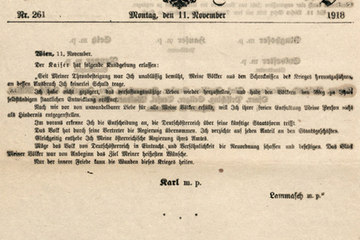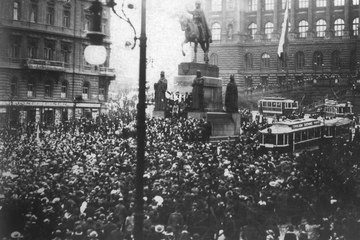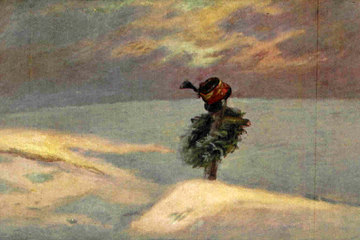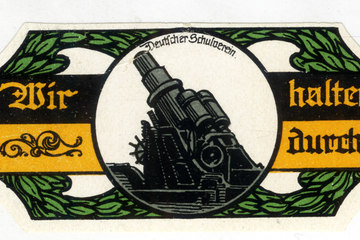‘God preserve Him, God protect Him’ – The Emperor
Emperor Franz Joseph was the symbol par excellence of the Austro-Hungarian Monarchy. For most of his subjects the Emperor was a sacrosanct figure who deserved their utmost respect. He had been on the throne since 1848 and for one and all was simply ‘the Kaiser’.










